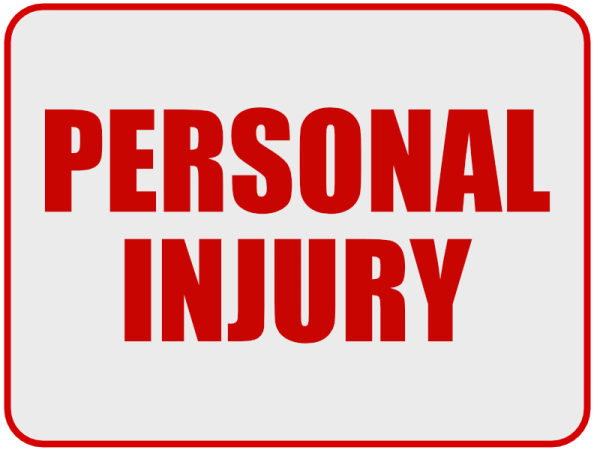THIRD PARTY CLAIM IN A WORKERS COMPENSATION CLAIM

THIRD PARTY CLAIM IN A WORKERS COMPENSATION CLAIM
For those hurt on the job, workers compensation can appear confusing and marginal in covering damages. It's important to first understand the primary reason for workers compensation law: Protection of both the injured worker and employer under a system which the worker's injuries (and lost wages) are covered but the employer is not under threat of a lawsuit. Under workers comp, proving liability of either the employee or employer is not required and will not effect the compensation to the employee. Workers compensation insurance, required for employers with four or more employees and not effected by liability, the employee is restricted from suing the employer and the employer must cover a worker liable for his own injuries. The problem with Workers Compensation for the injured employee comes with the lack of compensation for "all" damages (pain and suffering, punitive, etc.) that the employee could seek in a lawsuit if the employer is liable. In many cases, the employee is stuck with Workers Compensation, but in some cases, the employee might be able to bring a separate lawsuit against a liable third party. Let me explain.
In the usual situation with an injured employee, the only parties involved are the employer (including employers agents) and the employee. This is primarily because Workers Compensation is for injuries within the scope of work. For example, an employee is carrying a heavy load with other employees, and the employee is hurt when another falls. The falling employee may have been responsible, but the Workers Compensation insurance would be the only coverage available. This is because the liable employee was an agent of the employer. However, if the hurt employee was using equipment to carry the load, and the equipment owned and maintained by a third party separate from the employer, and the third party was negligent in the maintenance of the equipment, the hurt employee could have a separate action he could pursue in a civil action against the third party.
If a third party is involved with an injury and is liable in some way, the hurt employee would still pursue Workers Compensation coverage first. The Workers Compensation claim must be resolved before the injured worker could reach a settlement or bring suit against the third party. This is because the Workers Compensation insurance would normally have some right to a lien on money paid by the liable third party. This is because the Workers Compensation Insurance will have paid medical costs for the injured employee and damages from the third party would include money for medical damages. The real benefit of the third party claim to the employee is the ability to demand compensation for pain and suffering involved with the accident, or even potential punitive damages if the case goes to trial.
Most Workers Compensation attorneys should know to look for a possible third party claim, but this does require some experience and work. In many third party claim cases, the third party claim may not be immediately apparent. An employee injured while carrying a heavy load into property owned by a third party may have some claim to make against the homeowners insurance in the event of a fault with the property. For example, if a step gives way causing the employee to fall. In that event, the employee would make a Workers Compensation claim against his employer, and when that claim is resolved he could then bring a suit against the homeowner seeking homeowner's insurance coverage. If that claim resolves, the employee would have to pay some amount of the homeowner's insurance settlement to the Workers Comp carrier but would have more due to the coverage for pain and suffering. He would then be fully compensated.
After being injured while in the scope of employment, it's important to know and seek all available coverage.
Last modified on Monday, 30 January 2023 14:56
Read 2392 times
Published in: Personal Injury
Bill Connor
 Orangeburg Attorney Bill Connor received his Bachelor of Arts from The Citadel in 1990, and after serving for over a decade as an Infantry Officer in the U.S. Army, including three deployments to the Middle East, he received his Juris Doctorate from The University of South Carolina in 2005. In 2012, Bill was honored to receive an AV® Preeminent™ Peer Review Rating by Martindale-Hubbell®, the top peer rating for American lawyers. Receiving this rating at such an early point in his career is unheard of among lawyers.
Orangeburg Attorney Bill Connor received his Bachelor of Arts from The Citadel in 1990, and after serving for over a decade as an Infantry Officer in the U.S. Army, including three deployments to the Middle East, he received his Juris Doctorate from The University of South Carolina in 2005. In 2012, Bill was honored to receive an AV® Preeminent™ Peer Review Rating by Martindale-Hubbell®, the top peer rating for American lawyers. Receiving this rating at such an early point in his career is unheard of among lawyers.